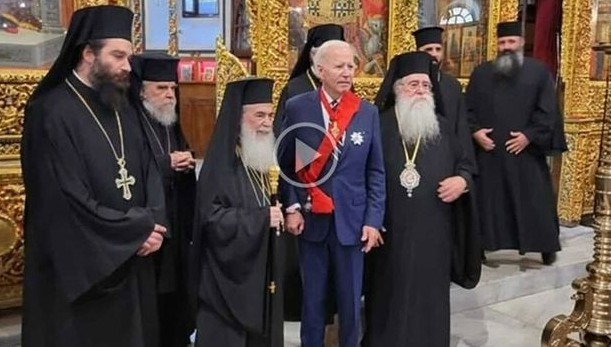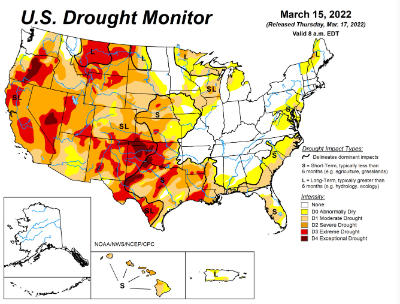Biden’s Big Speech
In the days leading up to President Joe Biden’s State of the Union address, a group of international diplomats and American foreign policy figures shared their wish lists with me. Among the desired outcomes were a permanent cease-fire in Gaza, a stern address to Congress on military aid for Ukraine, a call for full sanctions on all Russian banks, and praise for the controversial new president of Argentina.
Remarkably, one of these aspirations became a reality.
To the relief of those concerned about Washington’s commitment to Ukraine and Europe, Biden commenced his address by addressing the Kremlin’s aggression against Kyiv. He criticized Russian leader Vladimir Putin, urged Congress to approve more military aid for Ukraine, praised NATO, and indirectly criticized his predecessor, Donald Trump, for his dealings with Putin.
The decision to prioritize Ukraine likely eased concerns in European capitals, where doubts about America’s commitment had surfaced. Biden’s references to historical figures like Franklin Roosevelt and World War II underscored the gravity of the moment, resonating with many in Europe. His swift critique of Trump also resonated positively among European officials critical of the former president.
Ukraine served as an ideal starting point for Biden, portraying the conflict as a clear battle between good and evil, a global call for democracy, and an opportunity to highlight Republican resistance in Congress while addressing a potential White House rival.
While other foreign policy issues were addressed later in the speech, Biden’s handling of the Israel-Hamas conflict left some critics dissatisfied. He announced the construction of a temporary pier on Gaza’s coast for humanitarian aid but fell short of calling for an immediate permanent cease-fire. Biden’s nuanced stance, acknowledging the gut-wrenching months and urging civilian protection without threatening to cut military aid to Israel, drew mixed reactions.
Foreign policy discussions in the State of the Union often feel like checkmarks, especially in election years where domestic topics take precedence. China was briefly mentioned, focusing on economic initiatives to enhance competition.
Reflecting on past addresses, Biden’s emphasis on foreign affairs, particularly the conflict in Ukraine, varied in depth. The speech was prepared with the involvement of White House national security adviser Jake Sullivan and his principal deputy, Jon Finer.
Biden used the platform to emphasize the importance of safeguarding democracy, warning of potential threats posed by Trump. For some foreign capitals witnessing the decline of democratic order globally, this message resonated deeply.
Despite variations in substance, the energy displayed by Biden, especially in confronting challenges, was noted by a European diplomat. The tone and delivery, perhaps more than the substance, left a lasting impression, embodying a vintage Biden approach, coming out swinging and showcasing strength, qualities he has demonstrated at his best when faced with adversity.






